Research Roundup
From the Labs at UH
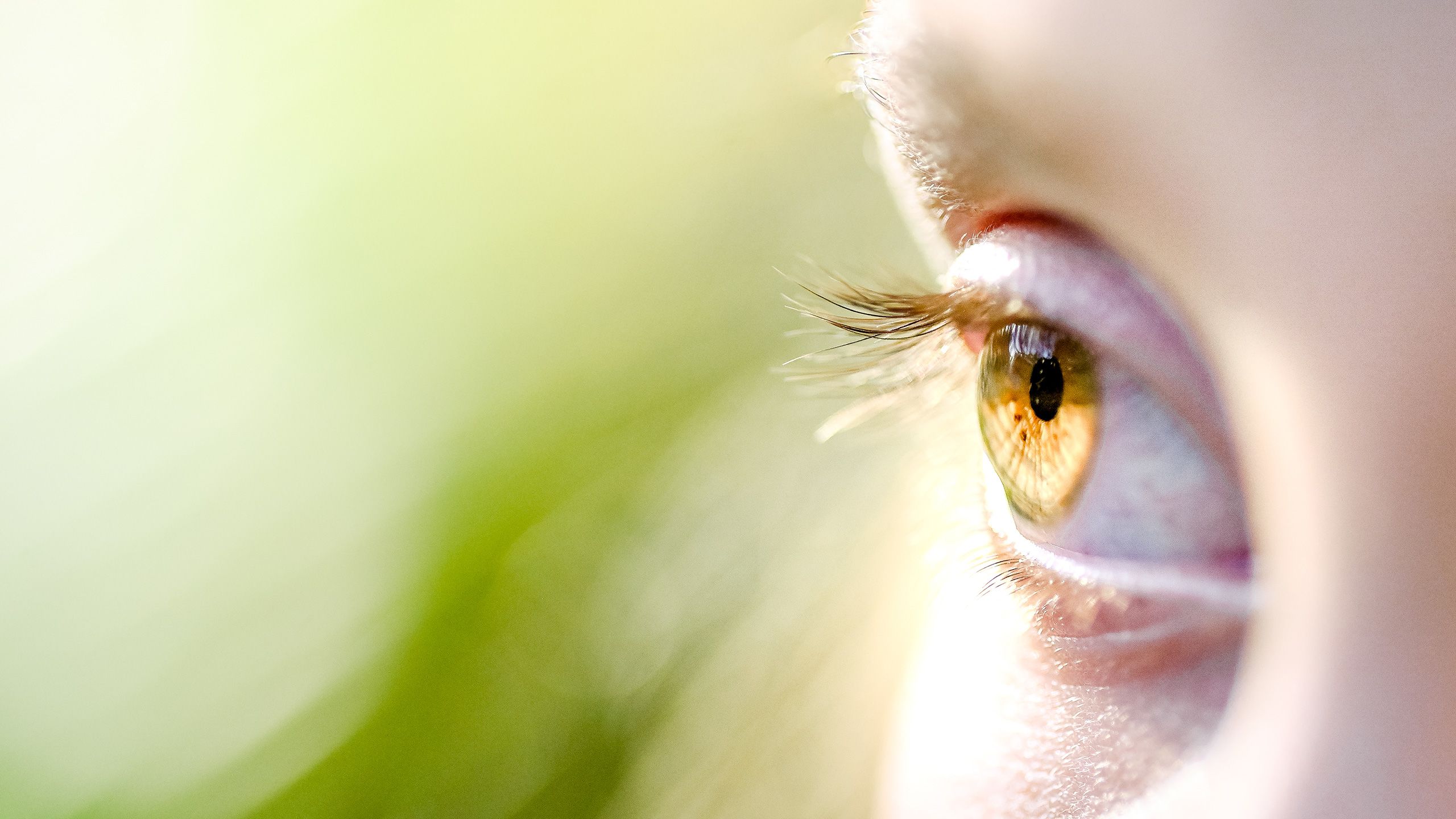
The Robot (Hotel) Invasion
Automation is taking over work once done by people, even jobs in the hospitality industry, which traditionally thrives on human interaction. John Bowen and Cristian Morosan, of the Conrad N. Hilton College of Hotel and Restaurant Management, said their research suggests a mostly positive outlook, with robots handling mundane jobs and artificial intelligence providing a more customized guest experience.
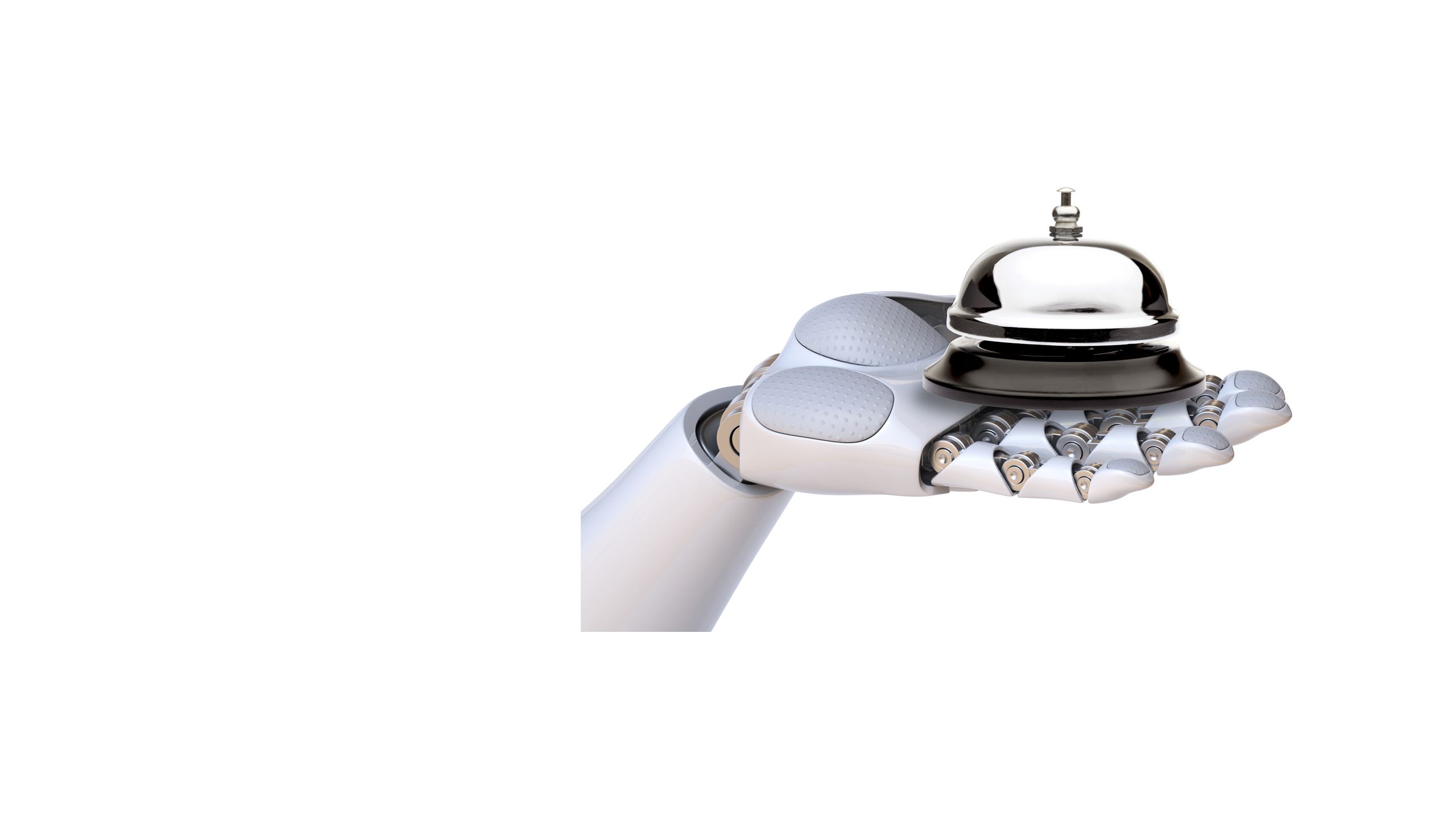
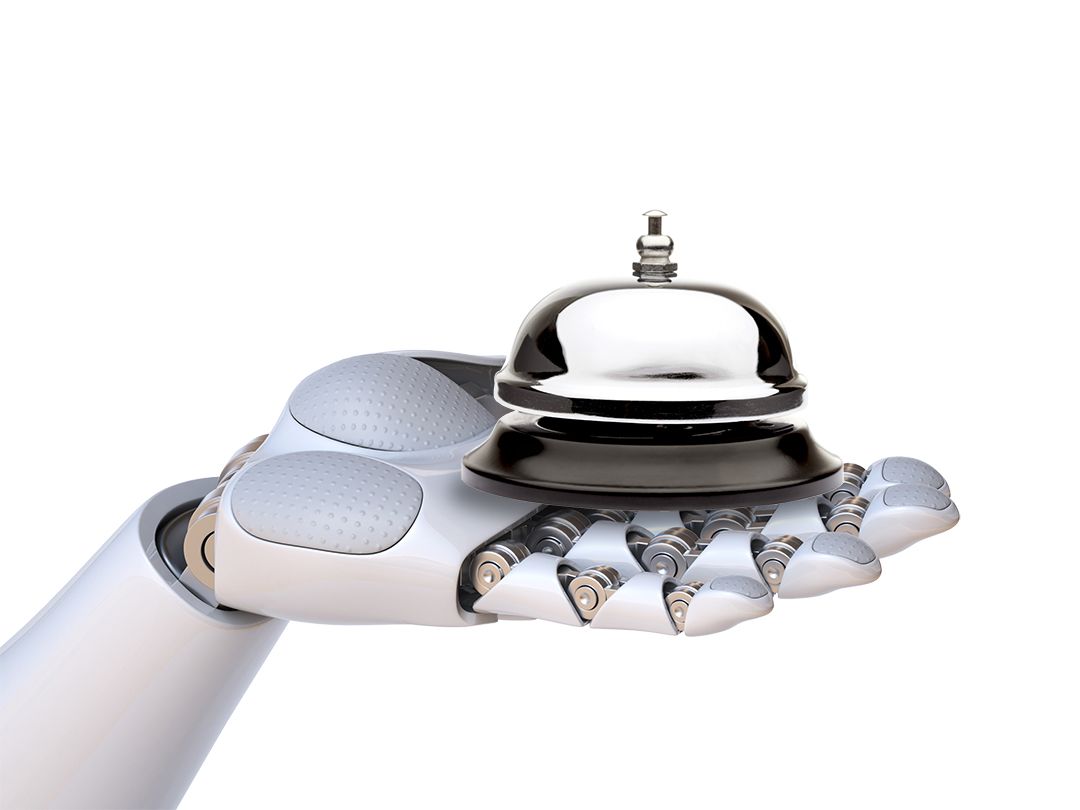
The Robot (Hotel) Invasion
Automation is taking over work once done by people, even jobs in the hospitality industry, which traditionally thrives on human interaction. John Bowen and Cristian Morosan, of the Conrad N. Hilton College of Hotel and Restaurant Management, said their research suggests a mostly positive outlook, with robots handling mundane jobs and artificial intelligence providing a more customized guest experience.
Light Headed
Myopia, or near-sightedness, is on the rise in children. So, what’s behind the upsurge? Optometrist Lisa Ostrin said there’s evidence that children who spend more time outdoors are less likely to be nearsighted, suggesting a lack of natural light could be the villain. Her lab has equipped young test subjects with wearable technology that precisely measures just how much light they’re being exposed to.


Light Headed
Myopia, or near-sightedness, is on the rise in children. So, what’s behind the upsurge? Optometrist Lisa Ostrin said there’s evidence that children who spend more time outdoors are less likely to be nearsighted, suggesting a lack of natural light could be the villain. Her lab has equipped young test subjects with wearable technology that precisely measures just how much light they’re being exposed to.
Spare the Chores, Spoil the Child?
Washing the dishes and taking out the trash may be rites of passage for children, but psychology professor Rodica Damian found that, despite conventional wisdom, doing household chores does not improve a child’s self-control and ability to suppress inappropriate impulses. But Damian said she wouldn’t use the finding to discourage parents from assigning childhood chores. It’s still nice, she points out, to have a tidy house.
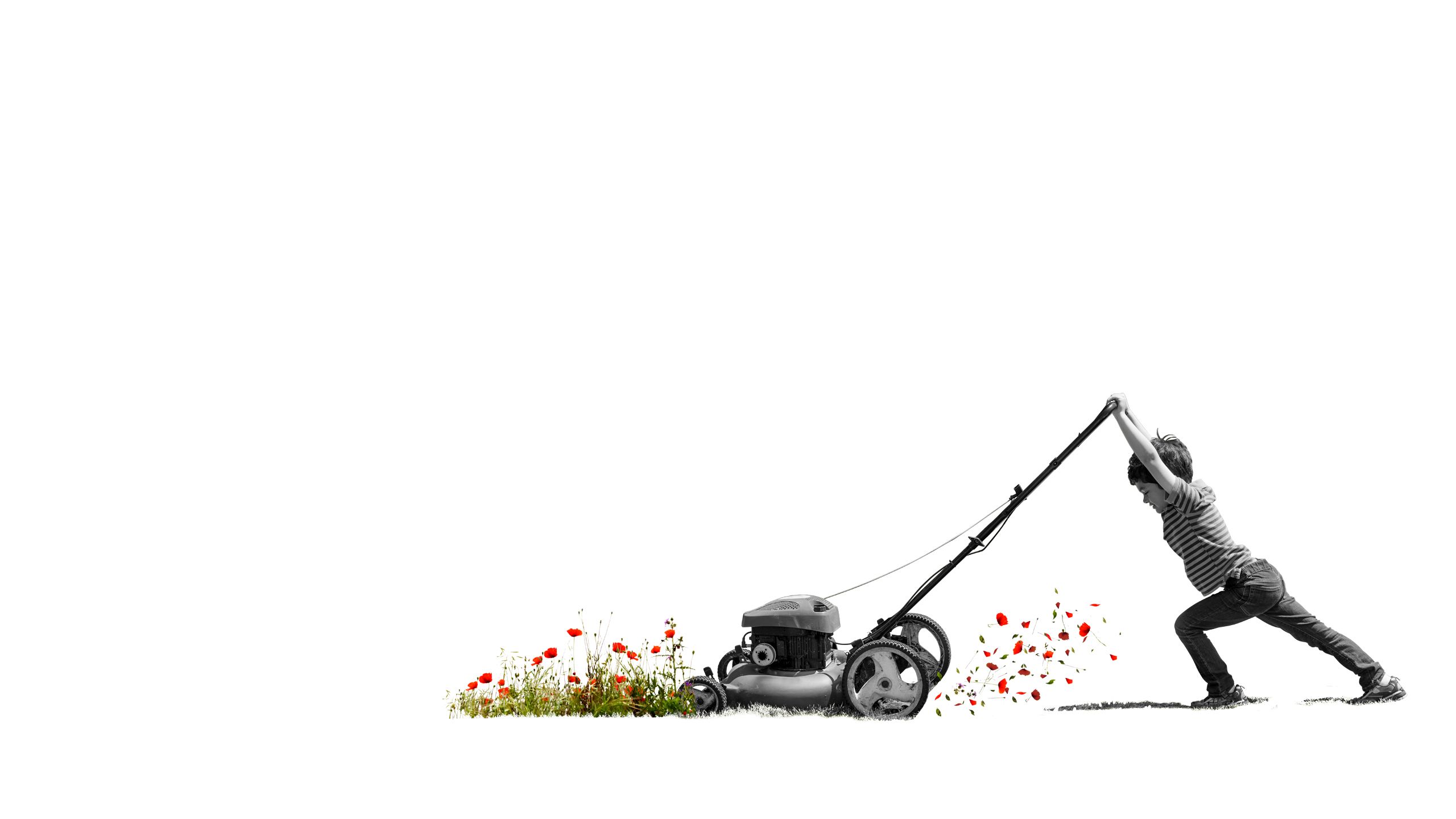
Spare the Chores, Spoil the Child?
Washing the dishes and taking out the trash may be rites of passage for children, but psychology professor Rodica Damian found that, despite conventional wisdom, doing household chores does not improve a child’s self-control and ability to suppress inappropriate impulses. But Damian said she wouldn’t use the finding to discourage parents from assigning childhood chores. It’s still nice, she points out, to have a tidy house.


To Keep Cops Safe, IT Makes Sense
Police officers face well-documented risks, with more than 50,000 a year assaulted in the United States. Paul A. Pavlou, C. T. Bauer College of Business dean, looked at the data and discovered information technology could reduce violence against officers by as much as 50%. Learning more about potential suspects improves the likelihood police can make an arrest without bloodshed.

Crystal Clear Success
Jeffrey Rimer, Abraham E. Dukler Professor of Chemical Engineering, received the 2020 Edith and Peter O’Donnell Award in Engineering from The Academy of Medicine, Engineering and Science of Texas for his pioneering discoveries about how crystals form and dissolve, leading to improved treatments for malaria and kidney stones.


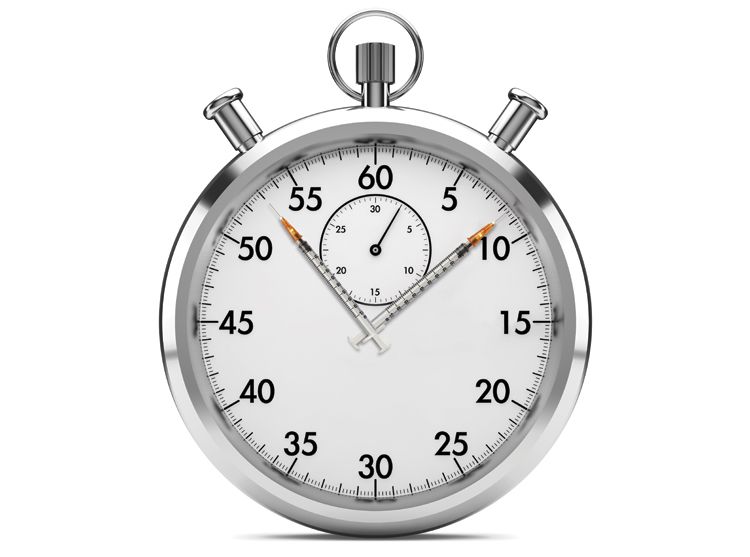
Sweet Success: Longer Lasting, Cheaper Insulin
The skyrocketing cost of insulin has forced some people with diabetes to go without. Ke-He Ruan, director of the Center for Experimental Therapeutics and Pharmacoinformatics, created a form of recombinant insulin that addresses key concerns about the life-saving drug. The single polypeptide chain insulin appears to stabilize glucose levels up to three times longer than conventional insulin and would be simpler — thus cheaper — to manufacture.
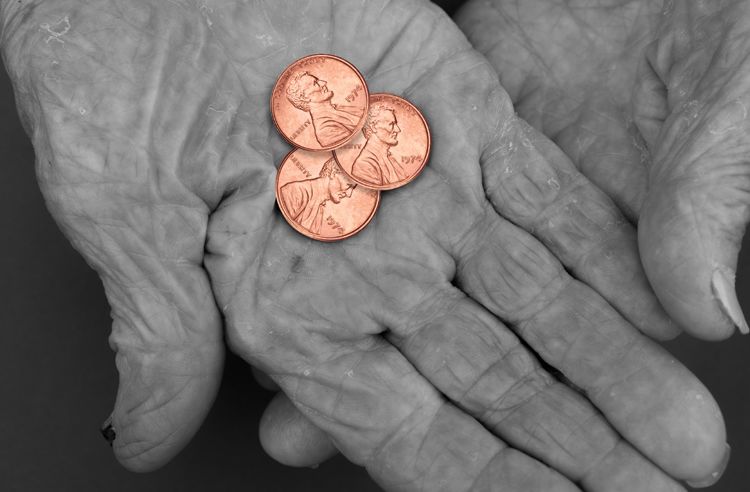
What Causes Alzheimer’s?
The cause of Alzheimer’s disease remains one of the most pressing public health questions. Chemistry professor Tai-Yen Chen is advancing a theory that the culprit may be an imbalance of copper — an essential nutrient in the brain, helping neurons communicate with each other — within brain cells. “If we figure out how copper regulation is different between normal and diseased cells, it will shed light on Alzheimer’s disease and other neurodegenerative diseases,” he said.
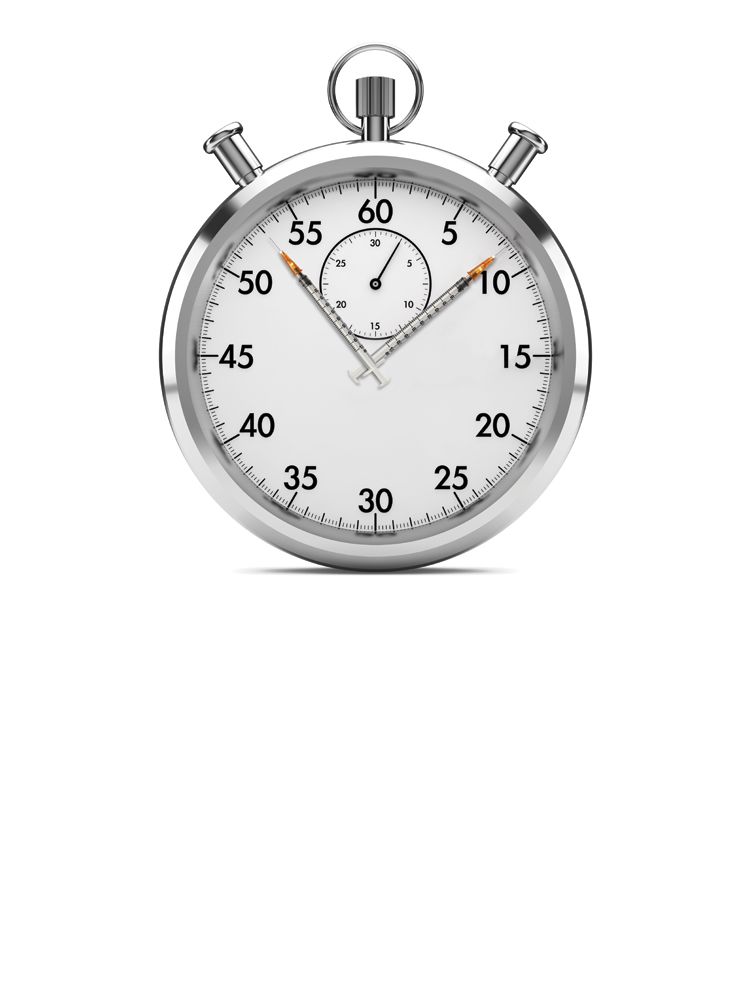
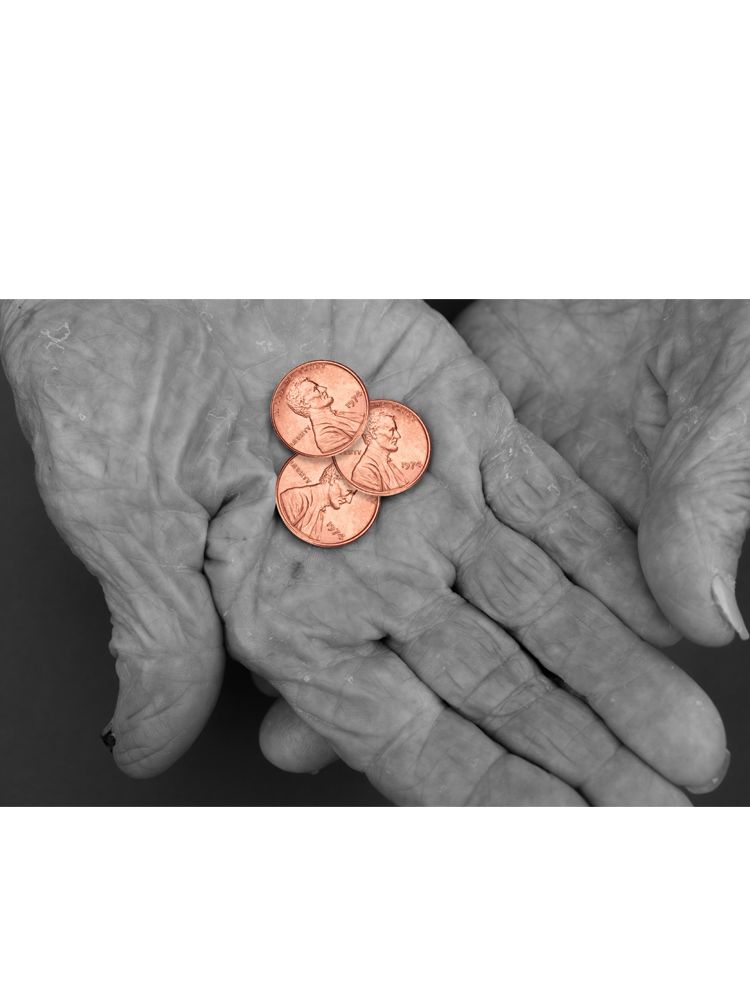
The Straight Skinny
Move over, Fitbit. Researchers take wearable tech farther with an electronic interface so thin and flexible you won’t even notice you’re wearing it. The device, developed by mechanical engineering professor Cunjiang Yu, also has potential as a prosthetic skin for robotic gadgets, capable of collecting, interpreting and storing data from everything it “touches.”
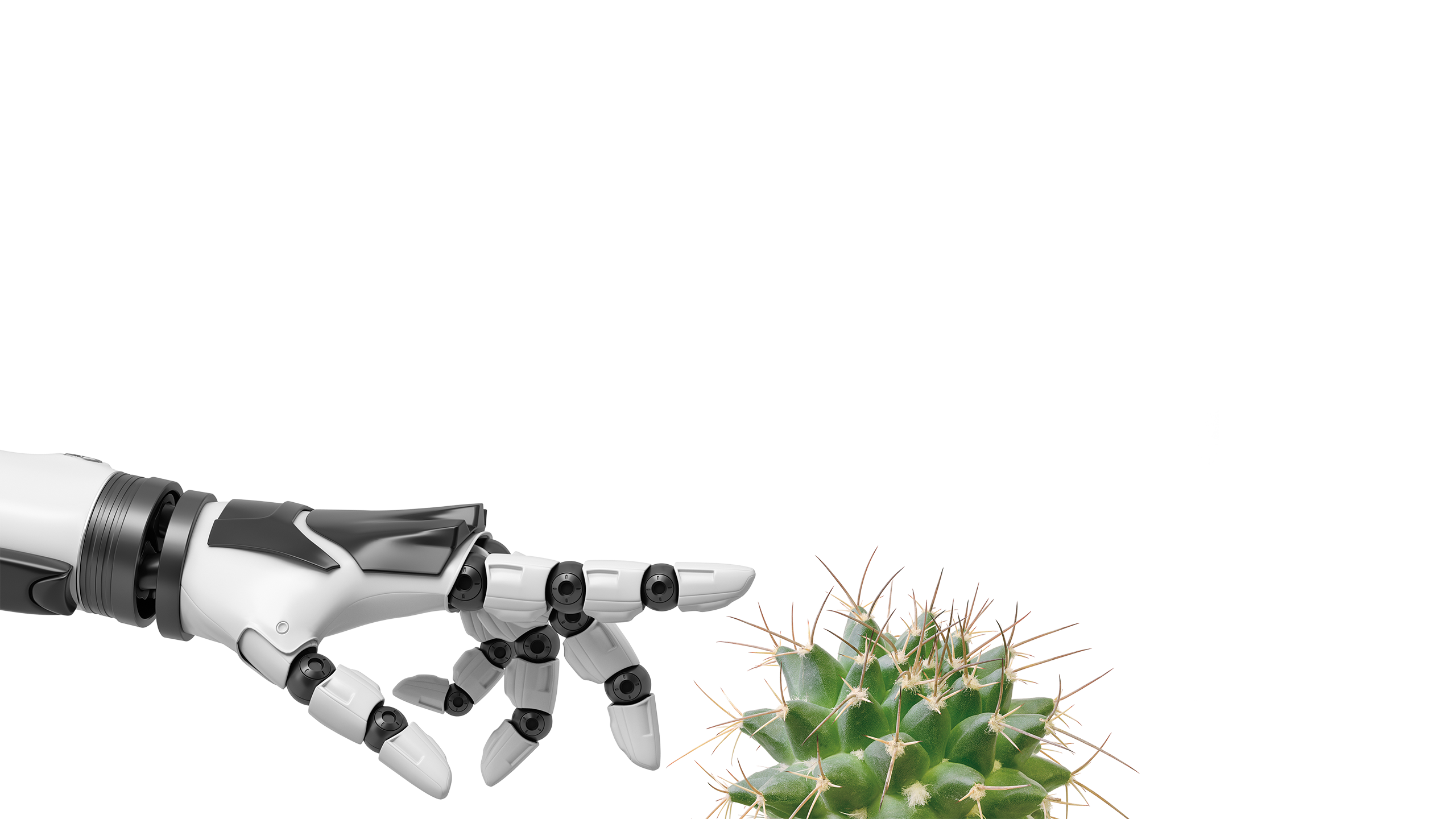
The Straight Skinny
Move over, Fitbit. Researchers take wearable tech farther with an electronic interface so thin and flexible you won’t even notice you’re wearing it. The device, developed by mechanical engineering professor Cunjiang Yu, also has potential as a prosthetic skin for robotic gadgets, capable of collecting, interpreting and storing data from everything it “touches.”

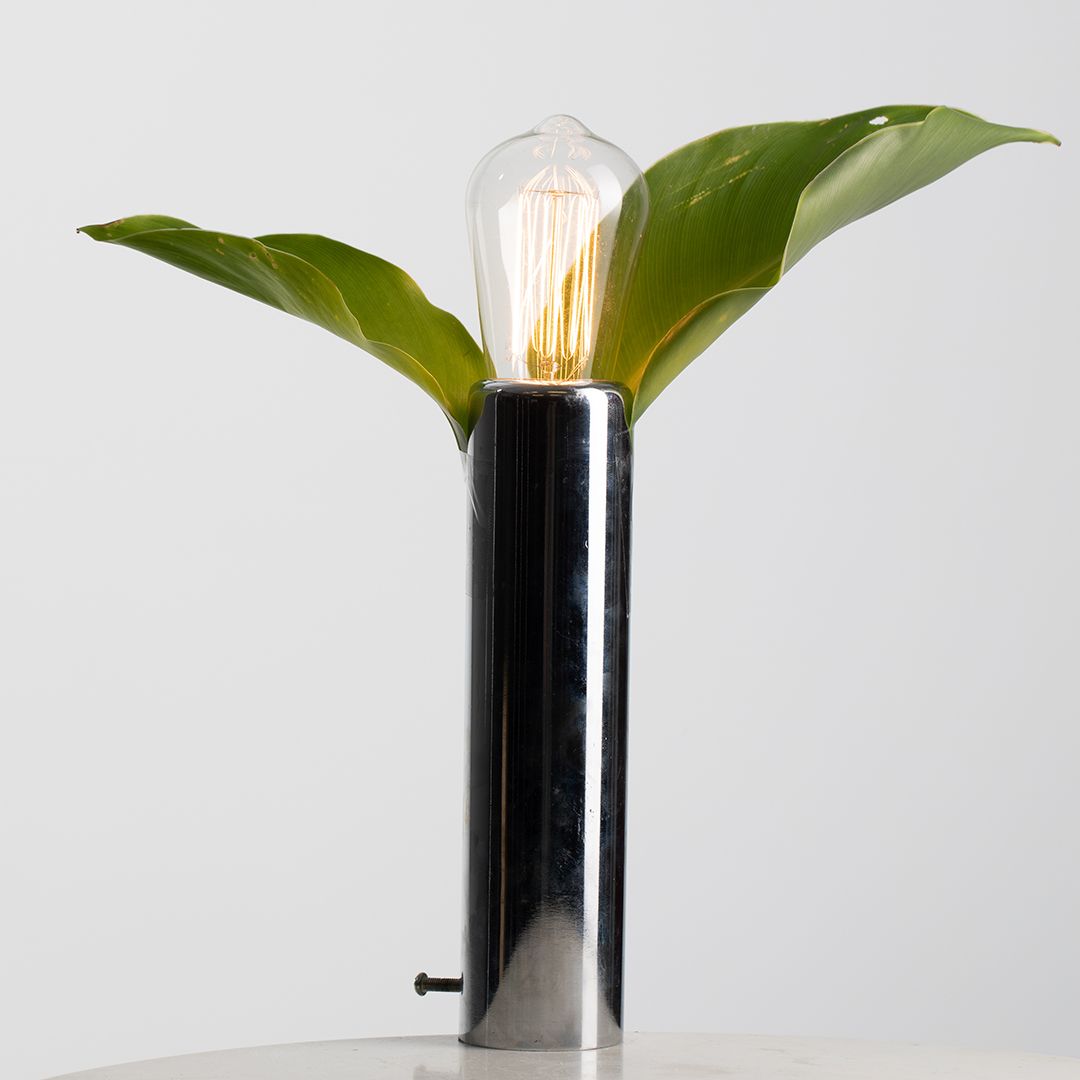
Driving Toward Better Biomass
Biomass, including wood and agricultural products, holds considerable promise as an alternative to fossil fuels, but it requires a lot of energy to convert it to useable forms. Praveen Bollini, a chemical and biomolecular engineering professor, is creating a catalyst using readily available and inexpensive cerium oxide to make the conversion more efficient and economical. Cerium oxide is used primarily in car exhaust systems.
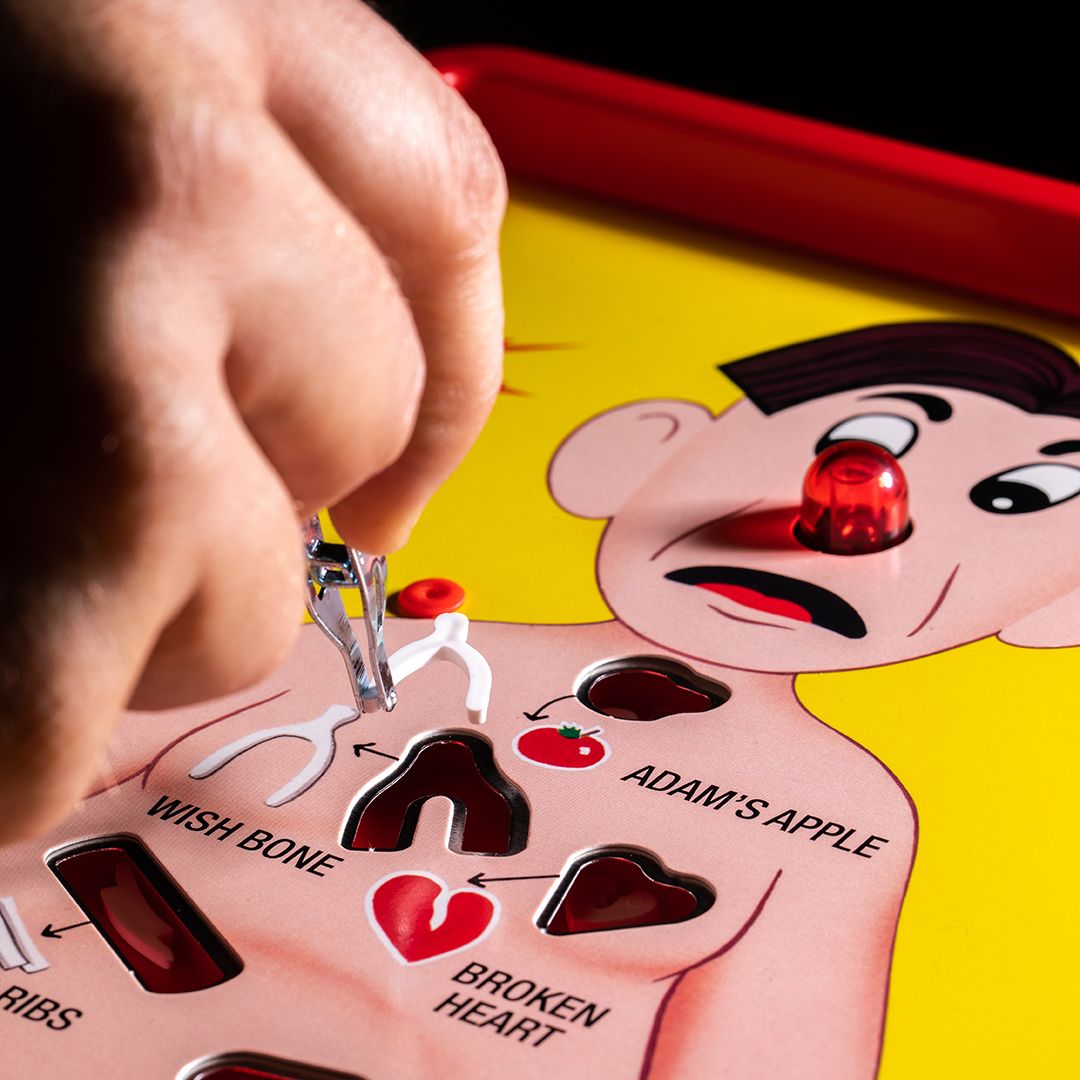
Cutting Through the Stress
Patients aren’t the only ones stressed out by surgery, and the notoriously tense conditions new doctors face during surgical residencies can affect performance. Computer science researcher Ioannis Pavlidis worked with colleagues at Houston Methodist Hospital and found that first-year medical students mastered surgical and cutting skills quicker when taught in a stress-free environment outside the classroom.


Mother Nature vs. Lasers
An inexpensive laser can take down an airplane or drone by disabling or destroying sensitive equipment required to keep them aloft. Physics professor Seamus Curran and an international team of researchers have discovered a material — produced by naturally occurring bacteria — that can protect electronic devices from those high-intensity bursts of light. “We found a cheaper, easier, simpler way to manufacture this,” he said. “We let Mother Nature do it.”


That's Not Cool!
Icy weather is blamed for multibillion dollar losses every year, including delays and damage related to air travel, infrastructure and power generation and transmission facilities. Mechanical engineering researcher Hadi Ghasemi discovered a new theory in physics called stress localization, which his lab used to create a durable silicone polymer coating capable of repelling ice from any surface. The icephobic material will last 10 years after application.
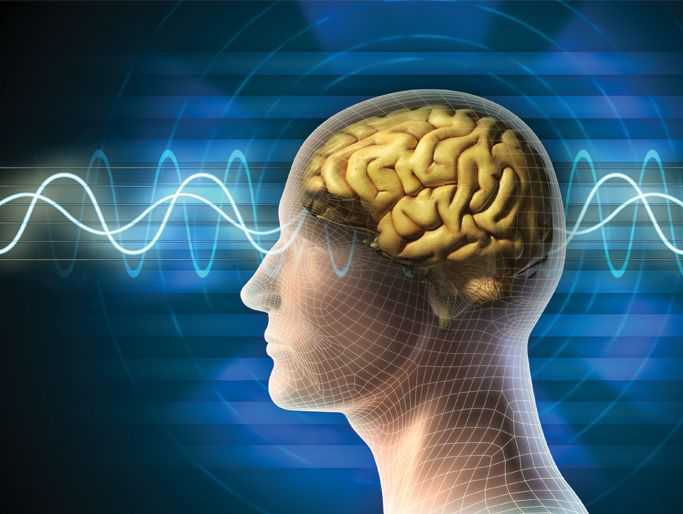
Getting Smart About Parkinson's
About 60,000 Americans are diagnosed each year with Parkinson’s disease. Brain stimulators can be therapeutic, but are generally imprecise. But biomedical engineering researcher Nuri Ince and his collaborators have pinpointed the neuro biomarkers that will allow “smart” stimulators to respond to fluctuating symptoms. “The patient no longer has to wait weeks until the doctor can adjust the device,” Ince said. “Adjustments can be made in real time.”

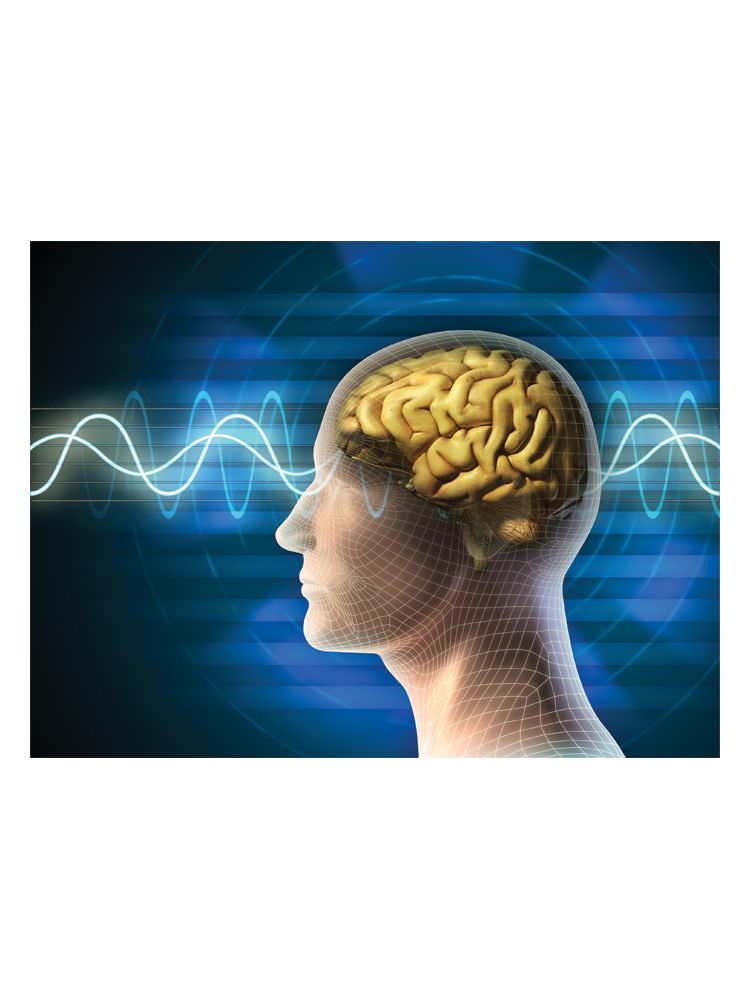
Outsmarting Ozone
Ozone is a huge risk factor for people with respiratory problems, as well as children and older adults. Yunsoo Choi, Earth and Atmospheric Sciences researcher, used artificial intelligence to develop a model that can accurately predict ozone levels for the next day, a system that could dramatically improve health alerts for people at heightened risk. The new model correctly predicted ozone levels 24 hours in advance between 85% and 90% of the time.

